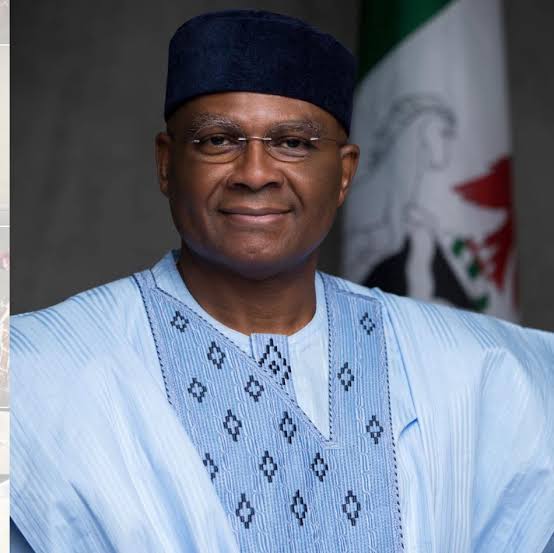By Oluchi Oparah, Former National Treasurer, Labour Party
The lesson is stark: in politics, as in law, denial may delay the truth, but it cannot defeat it.
The saga of Julius Abure and the National Working Committee (NWC) of Nigeria’s Labour Party has played out like a series of ill-conceived stunts—absurd at times, yet laden with critical lessons in legal consistency and strategic foresight. At the heart of this drama lies a contradiction Abure and his allies could not sustain: one cannot simultaneously celebrate the judiciary’s victories and condemn its decisions when the tide turns.

In contrast, the appellants opposing Abure have shown a sharper grasp of the law’s boundaries and potential. Their legal strategy delivered a decisive blow to the legitimacy of Abure’s leadership, exposing the futility of his political posturing and validating a more thoughtful approach to justice.
This dispute rests on a key principle: the judiciary does not appoint or install party officials. Abure’s camp clung to this point, insisting that no court had the authority to declare new leaders—and used this to discredit the appellants. But their argument ignored a vital nuance: while courts cannot install leaders, they can rule on who is unfit or ineligible to hold office. That distinction proved pivotal.
Rather than asking the Supreme Court to name them Labour Party leaders—a request that would’ve exceeded the court’s powers—the appellants chose a smarter path. They asked for what the court could grant: a ruling to end Abure’s unlawful claim to the chairmanship. This legal clarity highlighted the strength of their position and the weakness of Abure’s.
Abure’s downfall began when his tenure as party chairman expired—a fact acknowledged by both the Independent National Electoral Commission (INEC) and key stakeholders within the party. Instead of stepping aside, he sought a court order compelling INEC to continue recognizing him as chairman. When a lower court granted that request, Abure and his supporters celebrated the ruling as a victory.
But their joy was short-lived.
The Supreme Court overturned that decision, declaring that the lower court lacked jurisdiction. More damning still, the apex court explicitly confirmed what many already knew: Abure’s tenure had long expired. That ruling rendered all further arguments moot. No amount of spin could obscure the truth—Abure is no longer the Labour Party chairman.
The appellants’ approach now stands vindicated. By pursuing a legal remedy the courts could rightfully offer, they avoided the trap of judicial overreach. Meanwhile, Abure’s legal gamble, built on an expired mandate and a shaky court order, collapsed entirely. His leadership was not defeated by political maneuvering but by the plain weight of law and time.
This episode is more than a personal defeat for Abure—it is a cautionary tale. His refusal to respect institutional processes, his attempts to cling to power through legal backdoors, and his eventual public embarrassment, all point to a leadership style out of touch with both law and logic.
The Labour Party must now move forward—free of the farce, grounded in renewed integrity, and focused on rebuilding trust.


